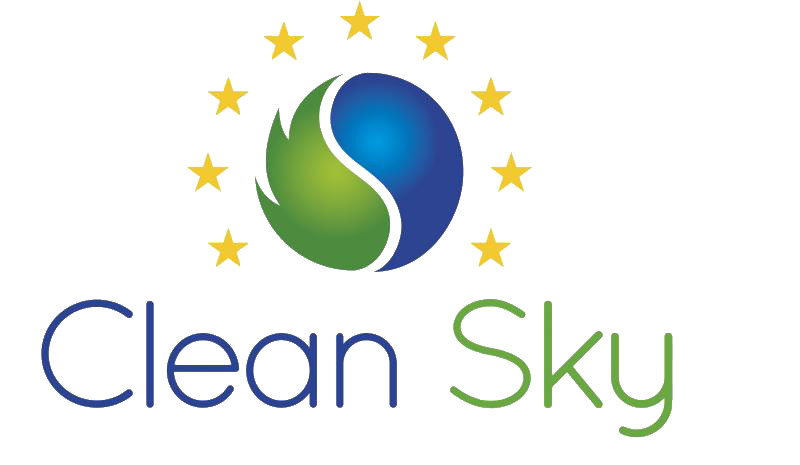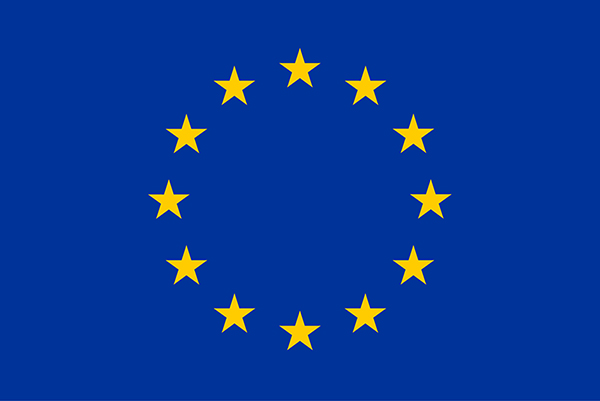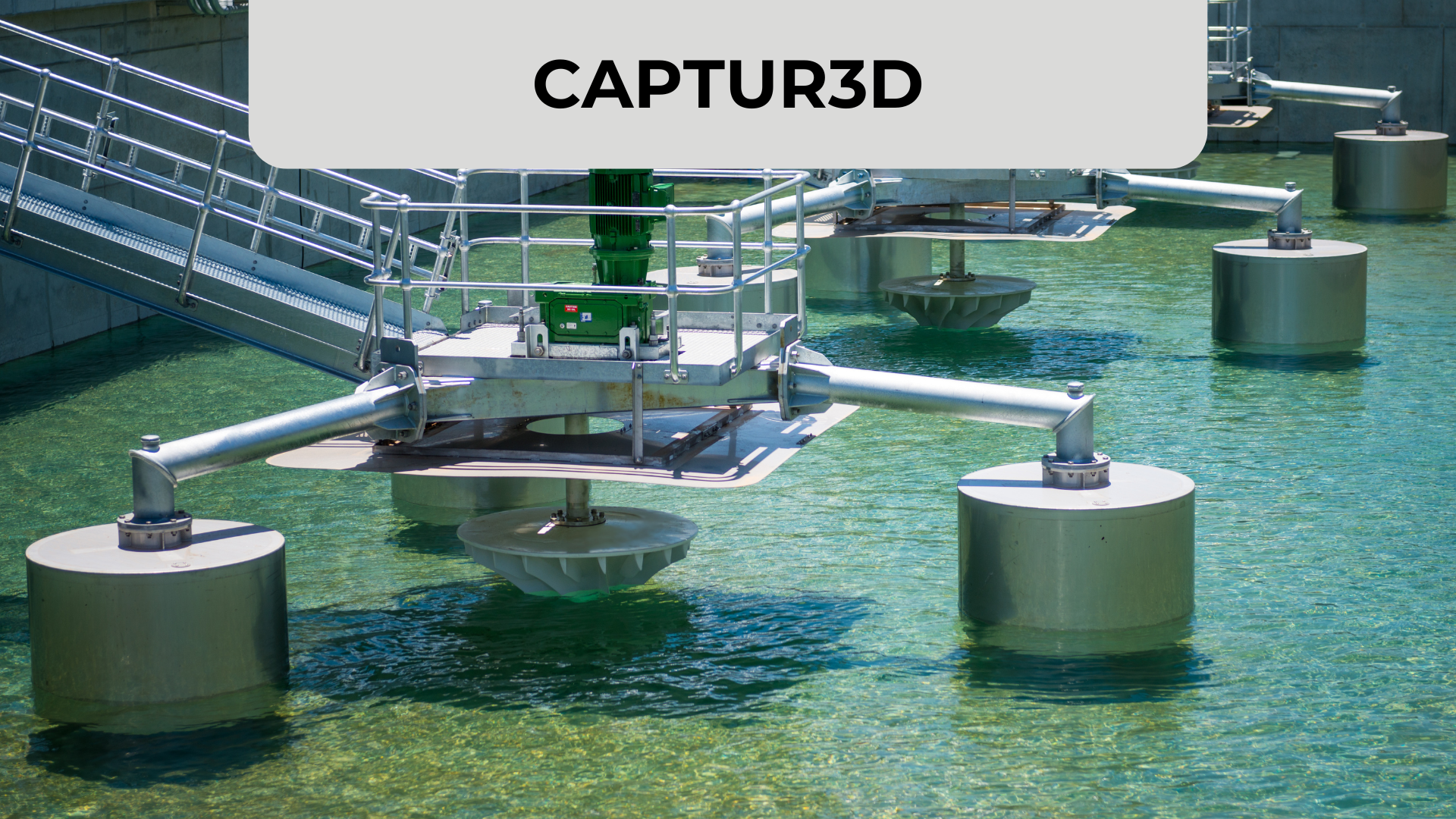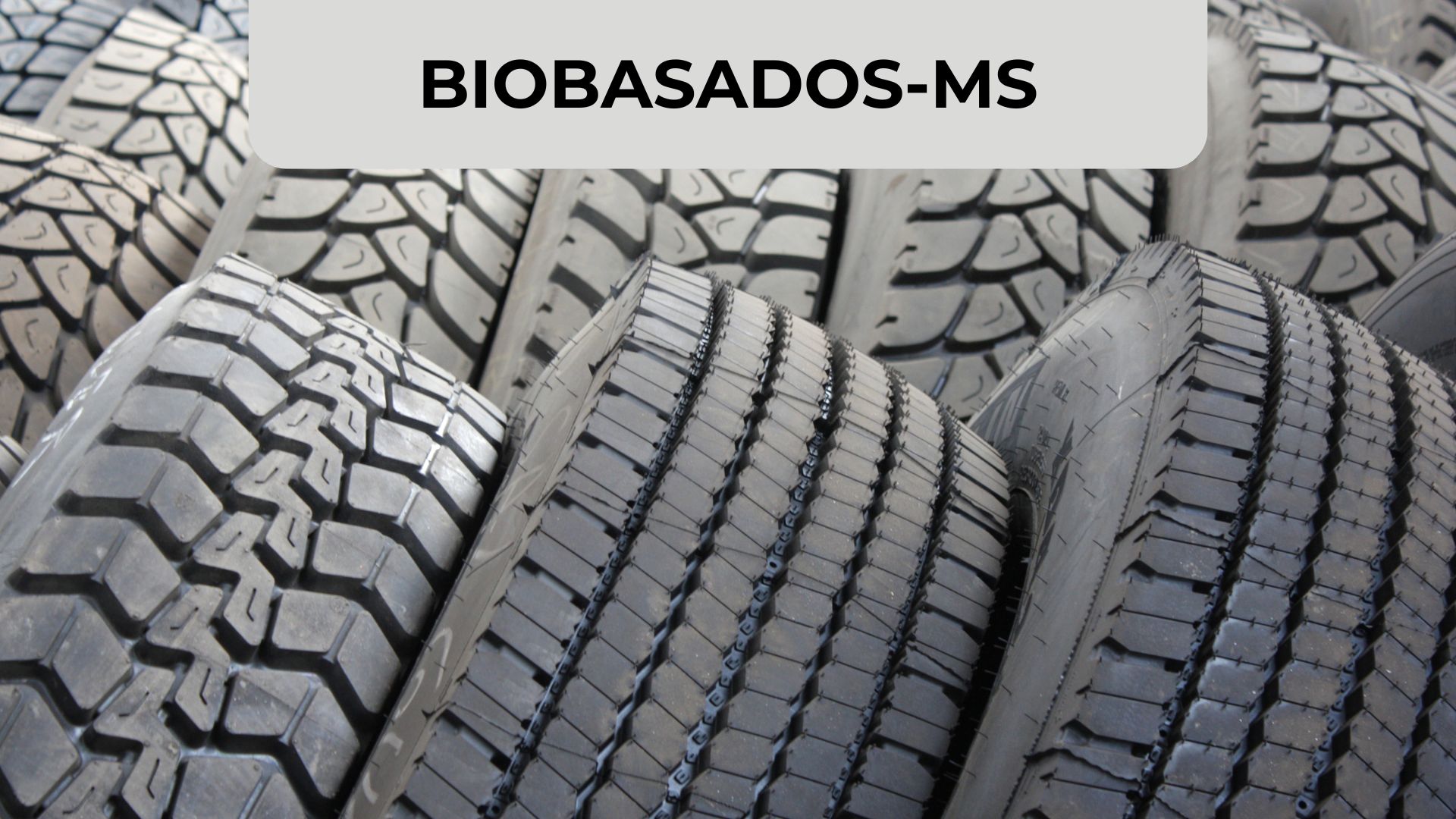On the 16th of December, the consortium of the RESET project will meet at the Airbus facilities in Toulouse. This marks the 12-month meeting of the project, which will run until the end of 2017. Partners will review the progress made during the first phase of the project and discuss how they will achieve their objectives regarding the reuse of plastics from airplane passenger seats.
The RESET project aims to create a new family of recycled Carbon Fiber Reinforced Polymers (rCFRP), reducing the environmental footprint by giving a second life to waste materials. This will be achieved through the development of high-value recycled products within the aircraft manufacturing value chain, contributing to the aerospace economy through a closed-loop cycle philosophy.
About the RESET project:
Current European policies emphasize the need for new technologies to implement feasible processes for recycling products at the end of their life cycle. Within this framework, the reuse of thermoplastic composites is a major topic in the aircraft manufacturing industry, which requires a suitable solution for the high-performance thermoplastic composites once the aircraft is dismantled. PEEK (Polyether ether ketone) and PPS (Polyphenylene sulphide), both reinforced with carbon fiber, are the most common high-performance materials considered as waste at the end of their lifecycle.
To address this issue, the RESET project aims to give a second life to these thermoplastic composites that would otherwise end up in landfills or be subjected to carbon fiber recovery via polymer pyrolysis or energy recovery. This goal will be achieved through a sorting and milling process of these materials, transforming them into short-chopped fiber-reinforced thermoplastic granulates. These conditioned materials will then be used to create new reinforced thermoplastic composites by melt compounding with virgin polymer, considering both monocomponent and binary blends. Additionally, the properties of the recycled materials will be evaluated in terms of repeatability, processability, and final product properties to ensure they are suitable for the final application in demonstrators (e.g., brackets, clips, etc.). Process parameters will be defined during the design and evaluation of the prototype molds.
In summary, the RESET project will lead to the development of a new family of rCFRPs, reducing the environmental footprint by giving waste materials a second life. This will be achieved by creating high-value recycled products within the aircraft manufacturing value chain, thus contributing to the aerospace economy through a closed-loop cycle philosophy.


This project has received funding from the European Union’s Horizon 2020 research and innovation programme under grant agreement No 686636. This publication reflects only the author’s views, and the European Union is not liable for any use that may be made of the information contained therein.




